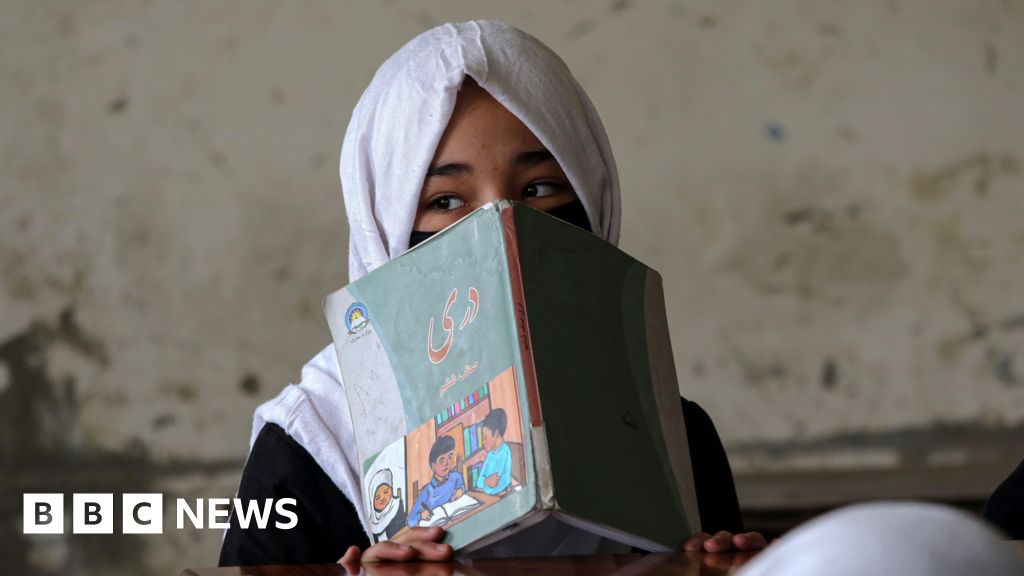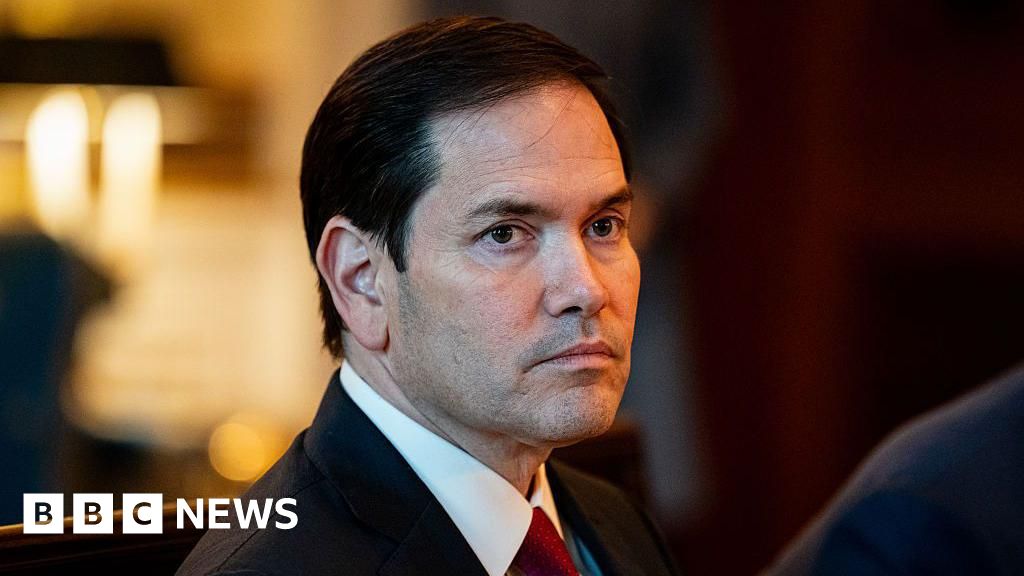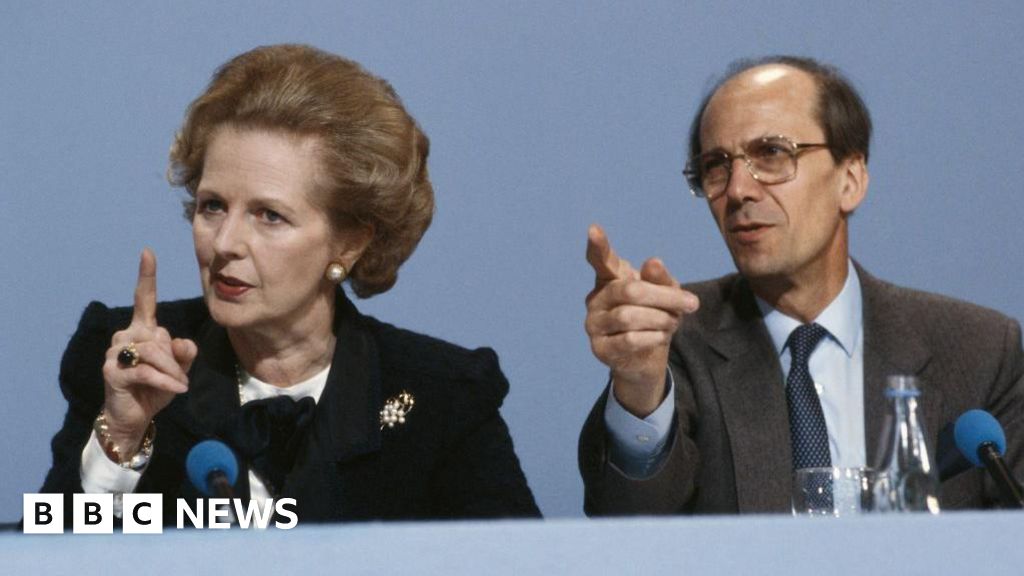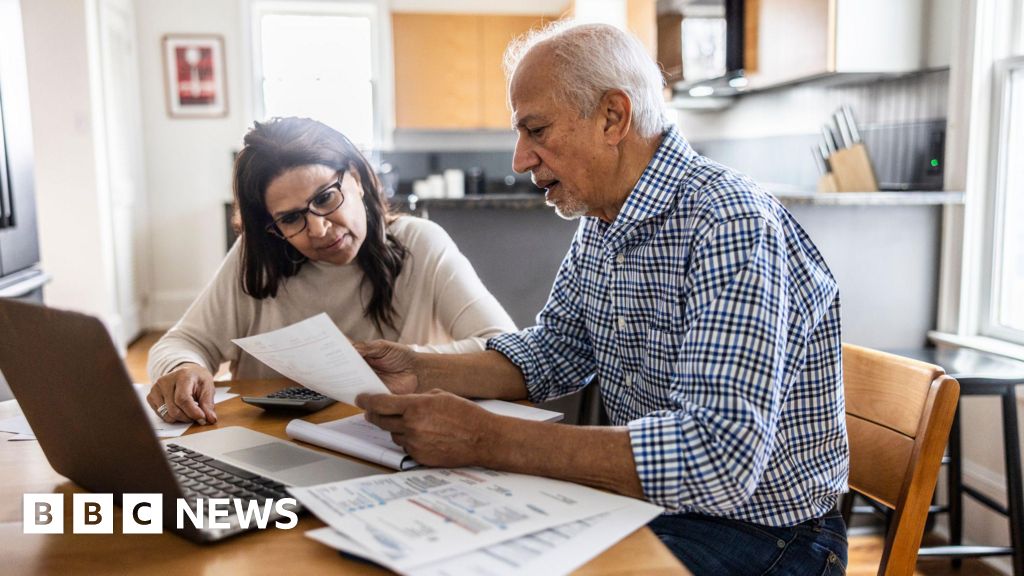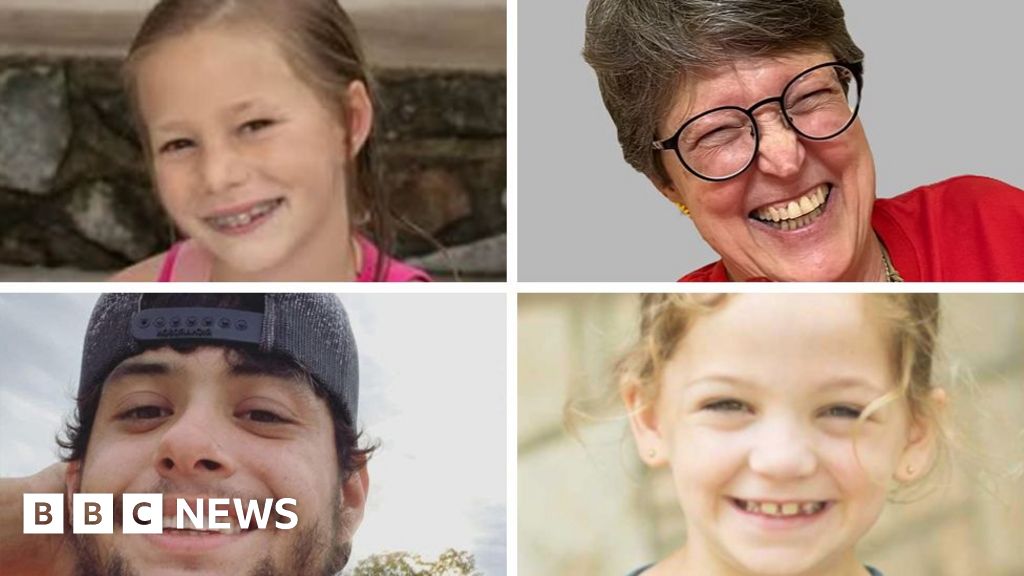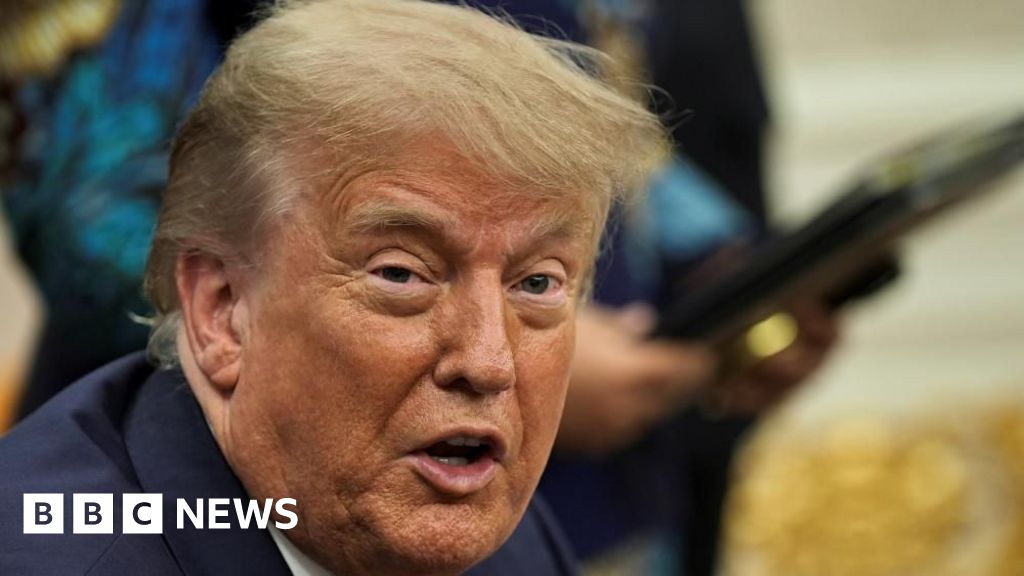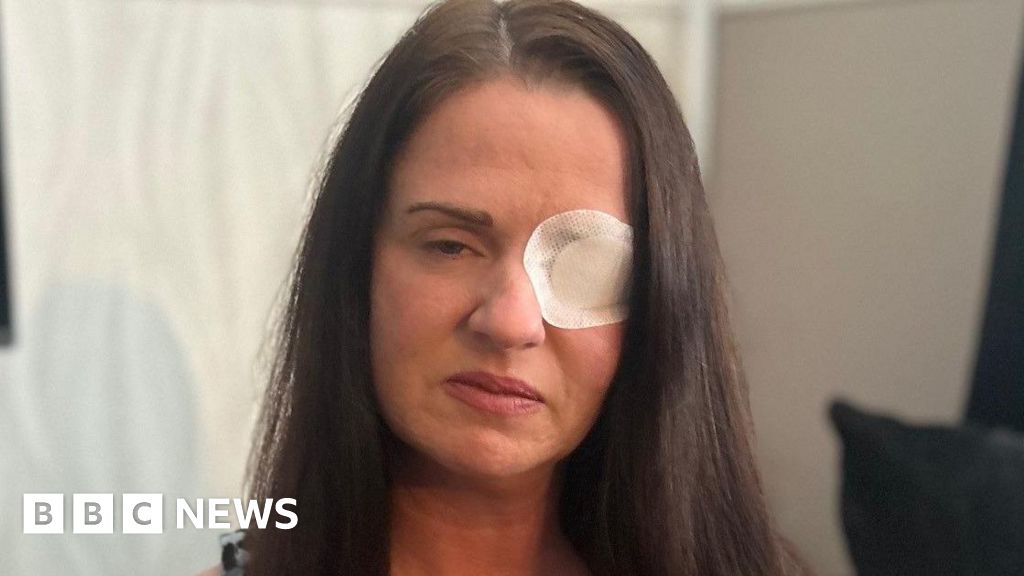- There is no shortage of myths about the cancellation of US foreign assistance.
- These include the widely held misconception that Pepfar is exempt from US aid cuts and the belief that grant terminations are only taking place in South Africa.
- Many of these falsehoods have been reinforced by US and South African officials.
Myth 1: USAID cuts only apply to South Africa
For some, the basic story about why the US slashed aid to South Africa is as follows: The South African government took Israel to the International Court of Justice (ICJ) on charges of genocide in Gaza, and separately, it passed a law that allowed for the expropriation of land without compensation. Encouraged by the lobbying of AfriForum, the US government retaliated by terminating funding to South Africa from the US Agency for International Development (USAID).
This story isn't entirely false, according to GroundUP.
On 7 February, President Donald Trump issued an executive order stating that the US would stop providing assistance to South Africa in part because of the above policy decisions.
But this isn't the original reason that South Africa lost most of its USAID funding. In fact, the executive order targeting South Africa was issued over a week after USAID had already begun suspending grants in the country. And its initial reasons for doing this were entirely unrelated to South African domestic or foreign policy.
Instead, on 20 January, Trump issued an executive order which suspended virtually all international development funding, pending a 90-day review. Soon after, USAID began issuing stop-work orders to its beneficiaries across the world. This included, but was not limited to, recipients in South Africa.
As a result, US-funded organisations were forced to close their doors globally. For instance, in famine-stricken Sudan, which is facing one of the world's most violent conflicts, hundreds of US-funded soup kitchens shut down. In Ethiopia, organisations that provided shelter and therapy to rape survivors were forced to close, while food aid that was destined for that country was left in the port of Djibouti, where it risked rotting before reaching anyone.
In South Africa, the most significant impact of the cuts was that drop-in centres providing HIV testing, treatment and prevention services closed, while USAID-funded staff that worked in government clinics were forced to go home.
All these events happened from late January onward. By the time Trump issued his 7 February executive order targeting Pretoria, there probably weren't many USAID grants in South Africa left to halt.
A little over a month into the 90-day suspension period, the Trump administration said it had concluded its review. The majority of grants did not serve US interests, it decided, and could thus move from being paused to being permanently cancelled. Thus, from late-February, beneficiaries around the world began receiving termination notices. For instance, a US-funded organisation which was supporting 350 000 HIV-positive patients across Eswatini, Tanzania and Lesotho instantly lost all of its USAID funding.
A USAID spreadsheet obtained by GroundUp and Spotlight (first discussed by the New York Times) suggests that roughly 86% of all grants have been cancelled globally - though the actual value of the retained awards is roughly equal to the value of the terminated ones. Overall, the cost of all cancelled contracts comes to over $75 billion globally (about R1.4-trillion).
READ | Fact-checking Trump's claims on DOGE spending cuts
Thus US funding cuts are not unique to South Africa, and they are not happening simply because of the Expropriation Act, the ICJ case or the lobbying of AfriForum. The initial suspension orders and the subsequent termination notices applied globally.
Of course, local factors may have caused USAID to take a more aggressive line against South Africa when deciding which contracts to terminate. The USAID spreadsheet shows that only a tiny share of grants destined for South Africa have been retained. Additionally, the US National Institutes for Health (NIH), which awards competitive grants for medical research, appears to be moving towards cutting funding for clinical trials in South Africa specifically. In comparison to many others, South Africa also had a lot to lose simply because it had been a top recipient of US donor money for HIV and TB-related services.
While Trump’s hostility toward Pretoria may have intensified the US funding cuts in South Africa, it is not the original source of the problem - this forms part of a global crisis.
Myth 2: Pepfar is (or was) exempt from the aid cuts
Shortly after Trump's executive order suspending aid for 90 days, the US State Department released a waiver which supposedly allowed funding for certain life-saving humanitarian activities to continue. The State Department said that this included the provision of antiretrovirals (ARVs) to people with HIV.
Much of the funding that South Africa receives from the US comes from the President's Emergency Plan for AIDS Relief (Pepfar), which supports HIV-related services. There are two primary US agencies which distribute Pepfar funds: USAID and the Centers for Disease Control and Prevention (CDC).
The US embassy in South Africa stated that because of the waiver, Pepfar-funded organisations which were providing life-saving services, would be able to resume their activities. This message was widely disseminated in the press and on social media. For instance, a deputy director-general of the Department of International Relations and Cooperation, Clayson Monyela, posted a widely shared tweet stating that the US embassy "has confirmed" that Pepfar services would not be affected.
But the US embassy's claim that services could continue wasn't true.
Weeks after the waiver was issued, Spotlight and GroundUp investigated the status of several Pepfar-funded organisations that provided ARVs to people with HIV (a service explicitly listed under the waiver). We found that none of them had been able to resume US-funded work.
The only Pepfar funds that continued to flow were those channelled by the CDC, and this had nothing to do with the waiver. Instead the CDC simply resumed all of its funding after a US court ruled against the freezing of congressional funds. Pepfar funds distributed by USAID remained frozen, with the waiver offering no respite.
The problem is that in contrast to what US officials suggested to media, organisations weren't instantly allowed to go back to work simply by virtue of providing life-saving services. Instead, they needed to get approval. In the meantime, their funds remained frozen.
Some Pepfar-funded organisations in South Africa, like Engage Men's Health, asked for information from USAID, but simply got no response. In other cases, Pepfar-funded organisations were instructed by USAID to provide revised budgets which only included core services. Many organisations submitted these but never got approval.
By the end of February, USAID moved on from the so-called 90-day suspension period, and simply began terminating grants. Since the waiver only applied to the suspension period, it now had no formal effect. But since Spotlight and GroundUp could not find a single USAID-funded organisation in South Africa that was covered by the waiver, it's not clear that it ever had much of an impact.
READ | Half-truths, out-of-context claims: Ernst Roets' claims in conversation with Tucker Carlson debunked
At the global level, some organisations reportedly received waivers, but USAID's system for processing invoices and making payments often remained inaccessible, meaning they struggled to get paid.
The Centre for Global Development gathered data on global USAID spending and found that "the waiver process had zero impact on releasing USAID funds to awardees between the announcement of the spending freeze and the announcement that the contract review had been completed".
Myth 3: This is Trump's money - he can do with it what he likes
In a presentation to Parliament, Health Minister Dr Aaron Motsoaledi addressed the Pepfar funding cuts, stating that "Trump does not owe South Africa [a] cent whatsoever". Meanwhile, Minister of Sport, Arts and Culture Gayton McKenzie stated that "Trump has a right to do that [cut aid], it's his money".
The problem with these statements is that this isn't Trump's money. The US is not a feudal monarchy, and Trump is not its king. It is the US Congress that determines how much money should be spent on foreign aid and for what purpose. It's the role of the US executive (for example, the president) to work out how to implement these decisions.
A preliminary ruling issued by a federal court in Washington DC on 10 March summarises the issue. Referring to the Trump administration's unilateral decision to terminate aid, it states: "The Executive not only claims his constitutional authority to determine how to spend appropriated funds, but usurps Congress's exclusive authority to dictate whether the funds should be spent in the first place [our emphasis]."
The legality of the Trump administration's actions will likely involve a protracted dispute, with the administration arguing that its decisions derive from its constitutional right to determine how spending should be allocated. But in the meantime, South African officials appear to be implying that Congressional appropriations are nothing more than Trump's personal bank account.
Additionally, it's worth noting that while the US isn't legally obliged to offer foreign aid; it had signed thousands of contracts with organisations globally, pledging to provide them with billions of dollars over multiple years. If it wished to curtail this support, it could have announced that it would not be renewing these contracts after they expired or provided warning that funding would soon be cut. This is typically how everyone else operates. For instance, the UK and the Netherlands have both announced that they will slash foreign aid, but only from 2027.
Had they received warning, US-funded organisations could have looked for other funding sources or simply arranged for their clients to continue getting support from other institutions once they closed. Instead, the Trump administration chose to send out stop-work orders and termination notifications effective immediately. Consequently, people who relied on US-backed centres for life-saving medical support suddenly had nowhere else to turn. In some cases, HIV patients stopped taking their ARVs.
Of course, one might feel that Motsoaledi's statement about Trump not owing us anything was simply meant to indicate that the South African government isn't entitled to any external support and is thus taking responsibility for the crisis and acting with urgency. But thus far there is no indication that it is doing this.
The crisis began in late January, yet it took the national Department of Health until 3 March just to hold a meeting with recipients of USAID in South Africa. In the meantime, no new money has been allocated to fill the massive hole left by Pepfar cuts, which are estimated to cause hundreds of thousands of deaths over the next 10 years.
 (1).png)
 3 months ago
16
3 months ago
16

